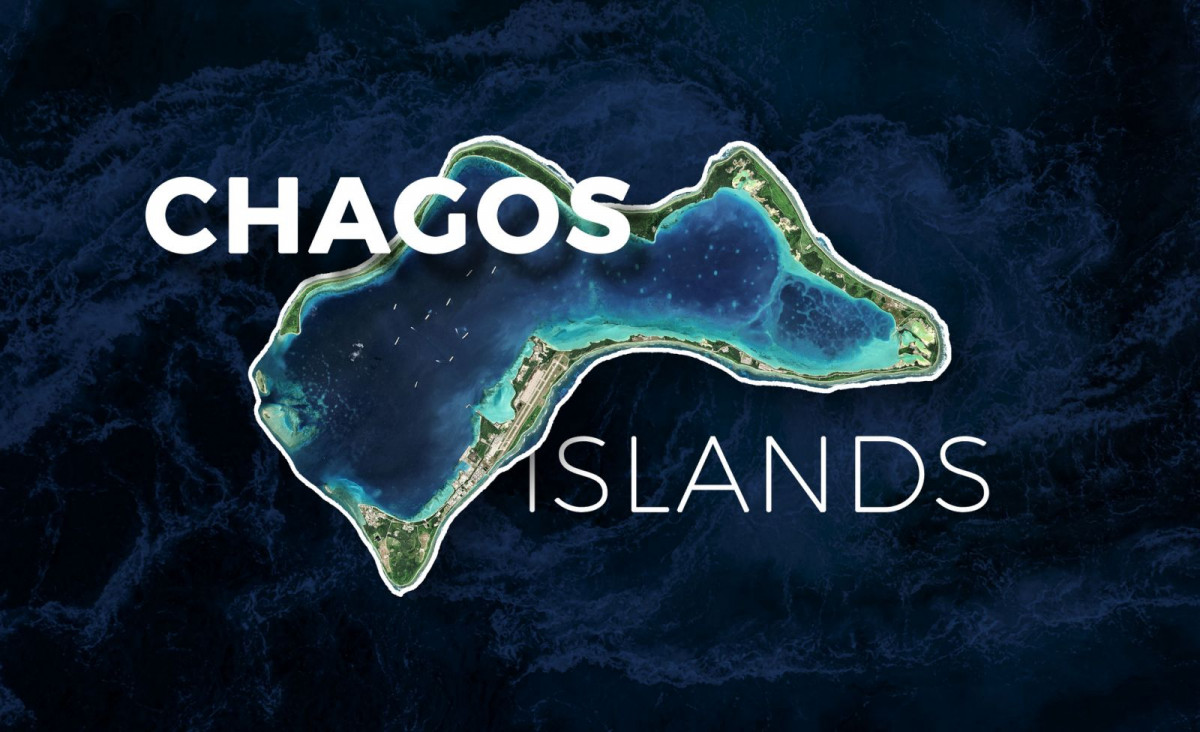As a responsible member of the global community, is it acceptable for Maldives to disregard the opinions of the highest international judicial court?


The Chagos Archipelago
The International Court of Justice (ICJ) and the International Tribunal for the Law of the Sea (ITLOS) came to the attention of most Maldivians following the ICJ’s advisory opinion on the legal consequences of the separation of the Chagos Archipelago from Mauritius in 1965, and the subsequent submission by Mauritius to ITLOS regarding the delimitation of the maritime border between the Maldives and the Chagos Archipelago.
The 2019 advisory opinion by the ICJ concluded that the process of decolonization of Mauritius was not lawfully complete when that country acceded to independence. This was because the Chagos Archipelago, which had been administered by the United Kingdom as a part of Mauritius, was separated from Mauritius, prior to granting Mauritius independence in 1968.
This advisory opinion of the ICJ was requested in 2017, by a resolution of the United Nations General Assembly (A/RES/71/292). Following the issuance of the advisory opinion in 2019, the United Nations General Assembly adopted a resolution in 2019 (A/RES/73/295) endorsing the opinion of the ICJ, urging for the unconditional hand over of the Chagos Archipelago to Mauritius by the United Kingdom, and facilitating the return of Mauritian nationals to the Chagos Archipelago.
The question that arises then is, to what extent do states have to follow the ICJ’s opinions.
The International Court of Justice was born out of the long history of the international legal system. Holding the same rank as other principal organs of the United Nations, the Court is the pre-eminent international legal body responsible for adjudicating legal disputes between countries and providing advisory opinions on international legal questions.
In this regard, there are two avenues by which legal issues can be submitted to the ICJ. The first avenue is when States submit legal disputes between themselves and other States, to the ICJ. This is known as contentious cases. The second avenue is when one of the organs of the United Nations or its specialized agencies submits a legal question to the Court for its advisory opinion. Such advisory opinions can only be requested by the five principal organs of the United Nations, its 16 specialized agencies and their related organizations.
Except for specific cases, the decisions and opinions of the ICJ are not legally binding. This means that the decision to follow or not to follow a decision or opinion by the ICJ has been left to the purview of the relevant States. However, as the opinion of the ICJ is related to the authority and honour of the Court, once the UN organ or specialized agency that requested for the opinion endorses the Court’s opinion, it in effect, receives the same status as international laws.
This was also how it unfolded on the Chagos issue.
The resolution of the United Nations General Assembly endorsing the advisory opinion of the ICJ and calling for specific actions based on the opinion of the Court, was adopted with the support of 116 Member States. The vote reflected the majority opinion of the international community.
ITLOS is the dispute resolution mechanism developed under the United Nations Convention on the Law of the Sea (UNCLOS) to resolve among others, disputes regarding delimitation of maritime zones, and conservation and management of the living resources of the sea. The Maldives ratified UNCLOS on 7 September 2000. This means that the Maldives agrees to abide with the totality of the Convention. The decisions by ITLOS are legally binding and are the final decision on the issue.
Considering this, there are important questions we must consider.
As a responsible member of the international community, and a staunch supporter of upholding and strengthening international laws, is it acceptable for the Maldives to disregard the opinions of the highest international judicial court?
As a country that has historically opposed colonial enterprise, and as a country that has always supported international efforts towards decolonization, and when the advisory opinion by the ICJ regarding the Chagos Issue has received overwhelming support from the international community, shouldn’t the Maldives also support the Court’s opinion?
As a country that sought to become a member of the United Nations mere weeks after independence, agreeing to uphold the Charter of the United Nations, should the Maldives then reject decisions of the principal organs of the United Nations and other bodies and agencies associated with it? As a responsible member of the international community, should the Maldives reject provisions of international conventions it is party to?
For small island developing States such as the Maldives, international laws and regulations provide a measure of security and protection in the international arena. It allows us to stand on an equal footing with larger states. And without international laws, there would be anarchy.
The benefits the Maldives receives as an independent and sovereign State, and the assistance we receive from our partner States are also dependent on the Maldives being a respected, responsible, rule following member of the international community. Therefore, respecting international laws and regulations and following those laws and regulations are guaranteed to benefit the Maldives, both today, and in the long run. That serves the longer-term national interest of the country.
The Maldives will most certainly do what’s best for it – the national interest of the Maldivians. The question therefore is – what is most beneficial. We must accept that the Maldives is not an isolated country. We live in a globalized, connected world. We depend on other countries. We have seen the detrimental impacts of not heeding the calls of the international community. We were isolated and alone. Is this what Maldivians deserve?
Based on all of this, there is no doubt, that on the issue of Chagos, the most beneficial way forward for the Maldives in the long run, is to follow the international laws and regulations, and to follow the opinion of the ICJ and the decision of ITLOS.